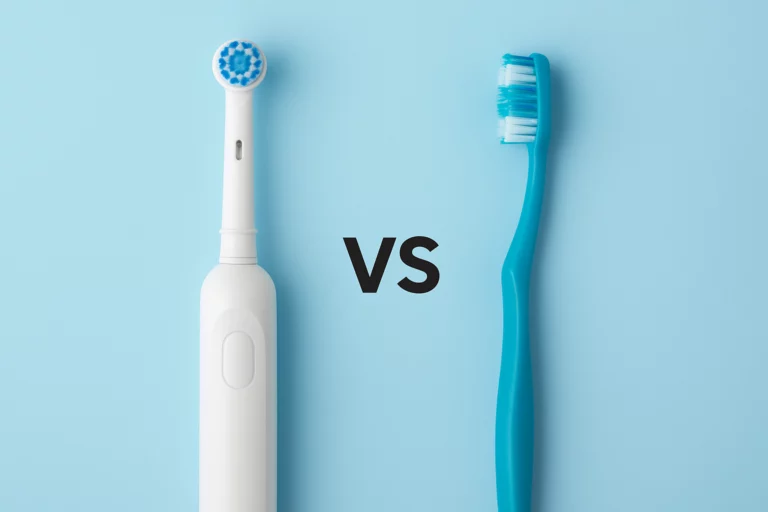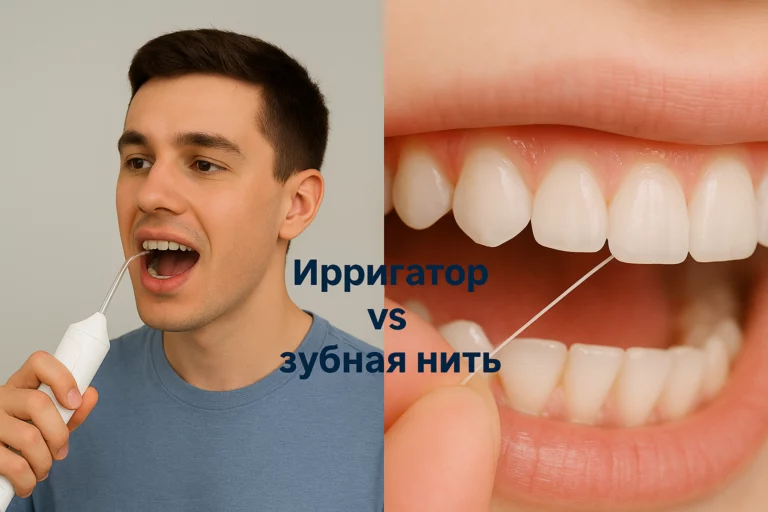Oral health is an essential aspect of our overall well-being, and it is imperative that we take care of our teeth to maintain good oral hygiene. Our teeth are responsible for breaking down food, which is the first step in the digestive process. They also play a crucial role in communication, speech, and aesthetics. Therefore, it is crucial to maintain healthy teeth to avoid dental problems such as cavities, gum diseases, and tooth loss.

Good oral hygiene
Good oral hygiene starts with proper brushing and flossing. Brushing should be done twice a day, using a fluoride toothpaste and a soft-bristled toothbrush. The toothbrush should be held at a 45-degree angle to the teeth, and gentle circular motions should be used to clean all surfaces of the teeth, including the gum line. Flossing should be done at least once a day, as it helps to remove food particles and plaque from between the teeth, where the toothbrush cannot reach.
Healthy diet
It is also essential to maintain a healthy diet that is rich in vitamins and minerals to keep our teeth healthy. Foods that are high in sugar and carbohydrates should be avoided, as they can lead to the formation of plaque, which is a sticky film of bacteria that can cause tooth decay. Instead, foods that are high in calcium, such as dairy products, leafy greens, and nuts, should be consumed, as they help to strengthen the teeth and bones.
Dental check-ups
Regular dental check-ups are also crucial for maintaining good oral health. It is recommended that individuals visit their dentist at least twice a year for a routine check-up and cleaning. During these visits, the dentist will examine the teeth and gums for any signs of decay or disease and provide treatment if necessary. Regular check-ups can help to detect dental problems early, making them easier to treat and preventing further damage.

Others
In addition to regular check-ups, there are other dental procedures that can help to maintain good oral health. These include dental sealants, which are thin plastic coatings that are applied to the chewing surfaces of the back teeth to prevent decay, and fluoride treatments, which help to strengthen the teeth and prevent cavities.
There are also several lifestyle factors that can affect oral health. Smoking and tobacco use can lead to gum disease, tooth loss, and oral cancer, and should be avoided. Alcohol consumption should also be limited, as it can lead to dry mouth, which can increase the risk of tooth decay and gum disease.
Conclusion
In conclusion, good oral hygiene is essential for maintaining healthy teeth and gums. This can be achieved through proper brushing and flossing, a healthy diet, regular dental check-ups, and lifestyle changes such as avoiding tobacco and limiting alcohol consumption. By taking care of our teeth, we can prevent dental problems and maintain good oral health, which is crucial for our overall well-being.





